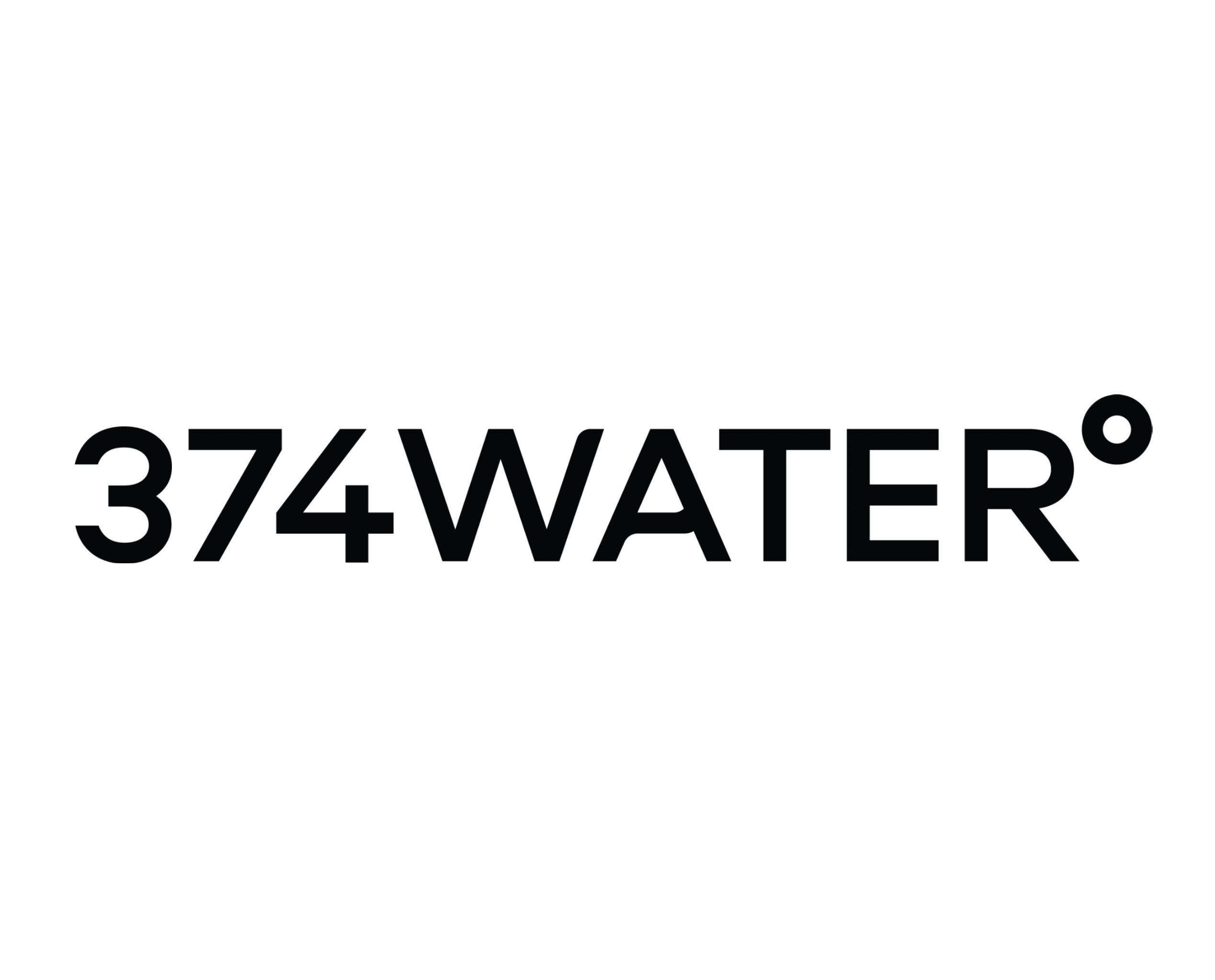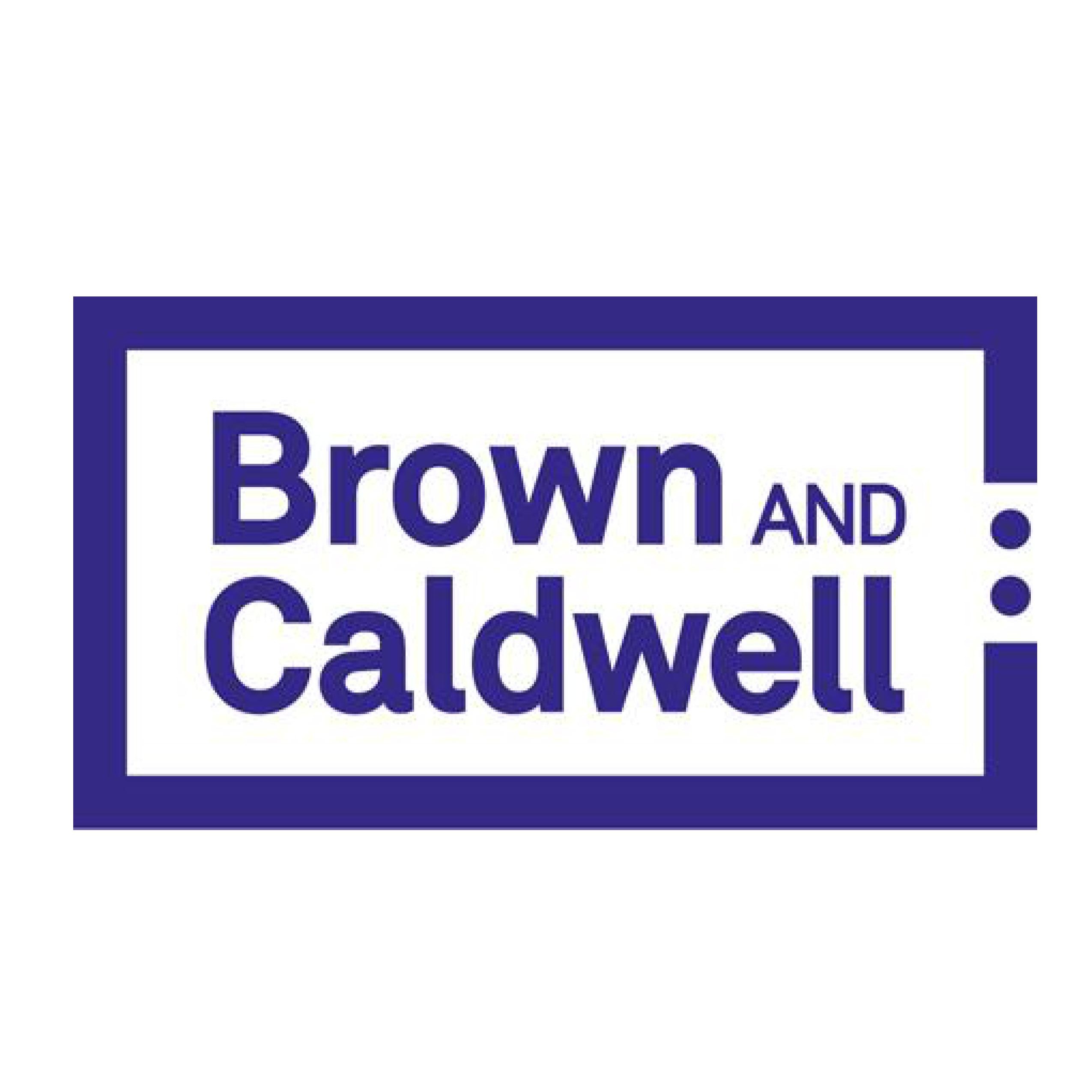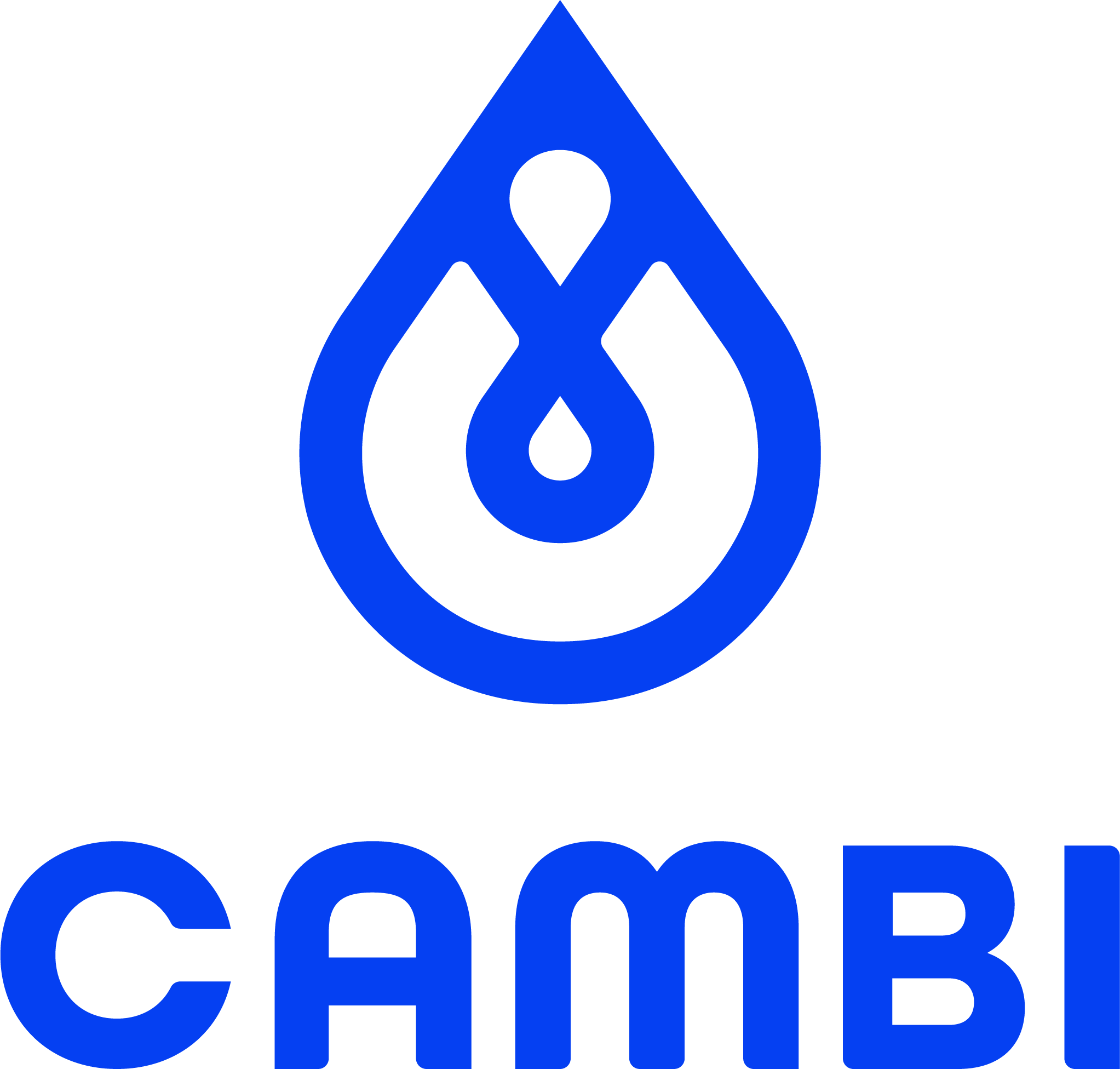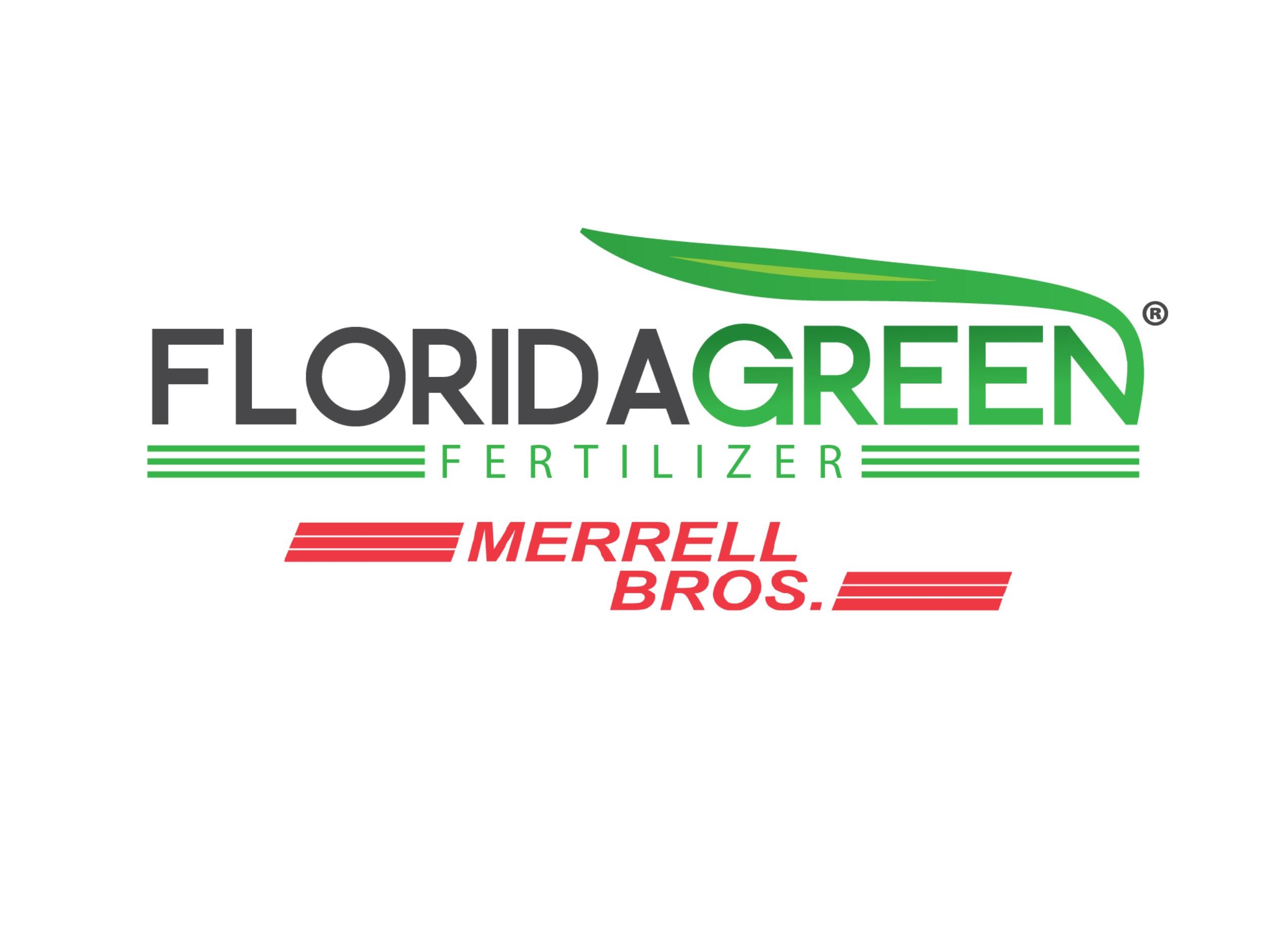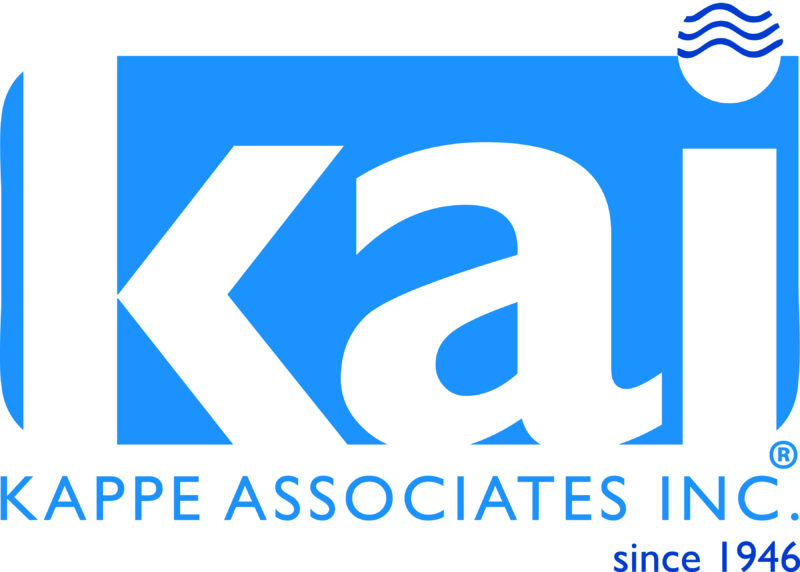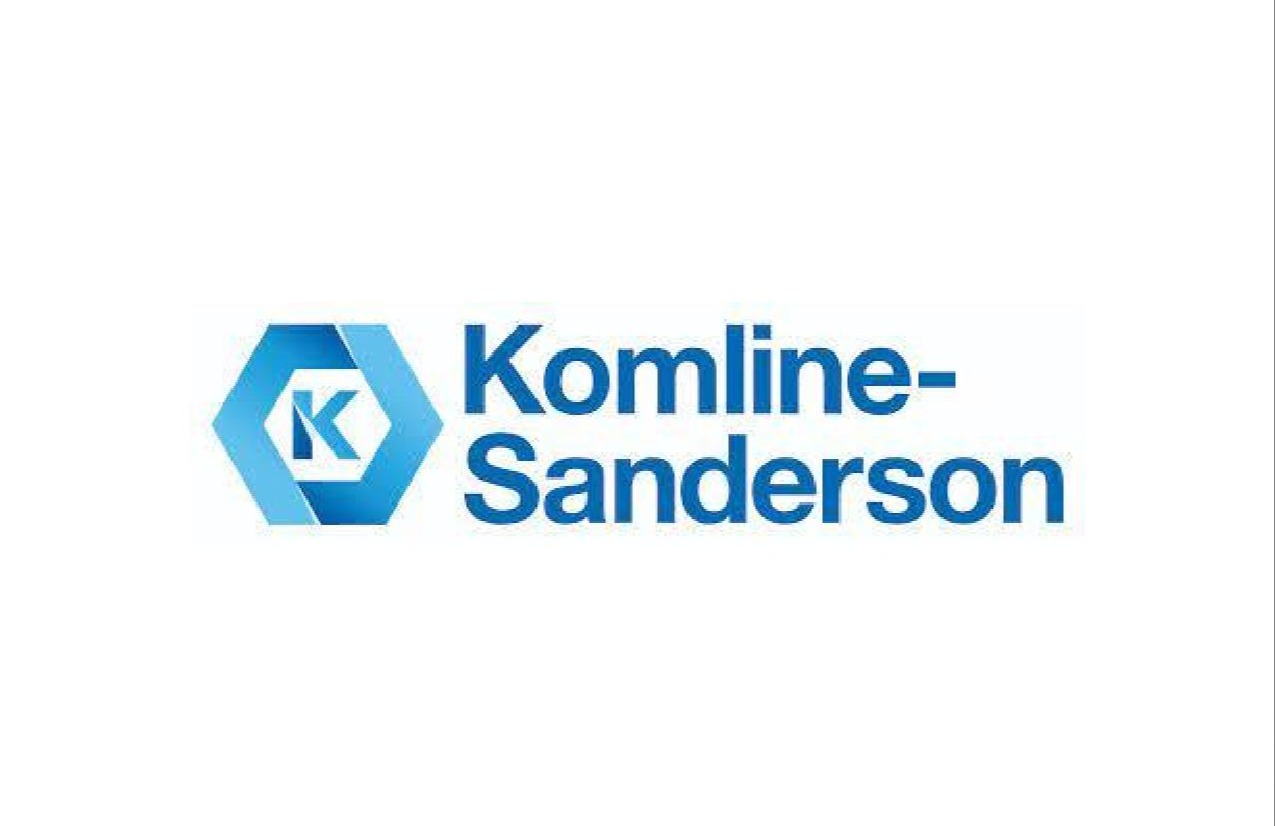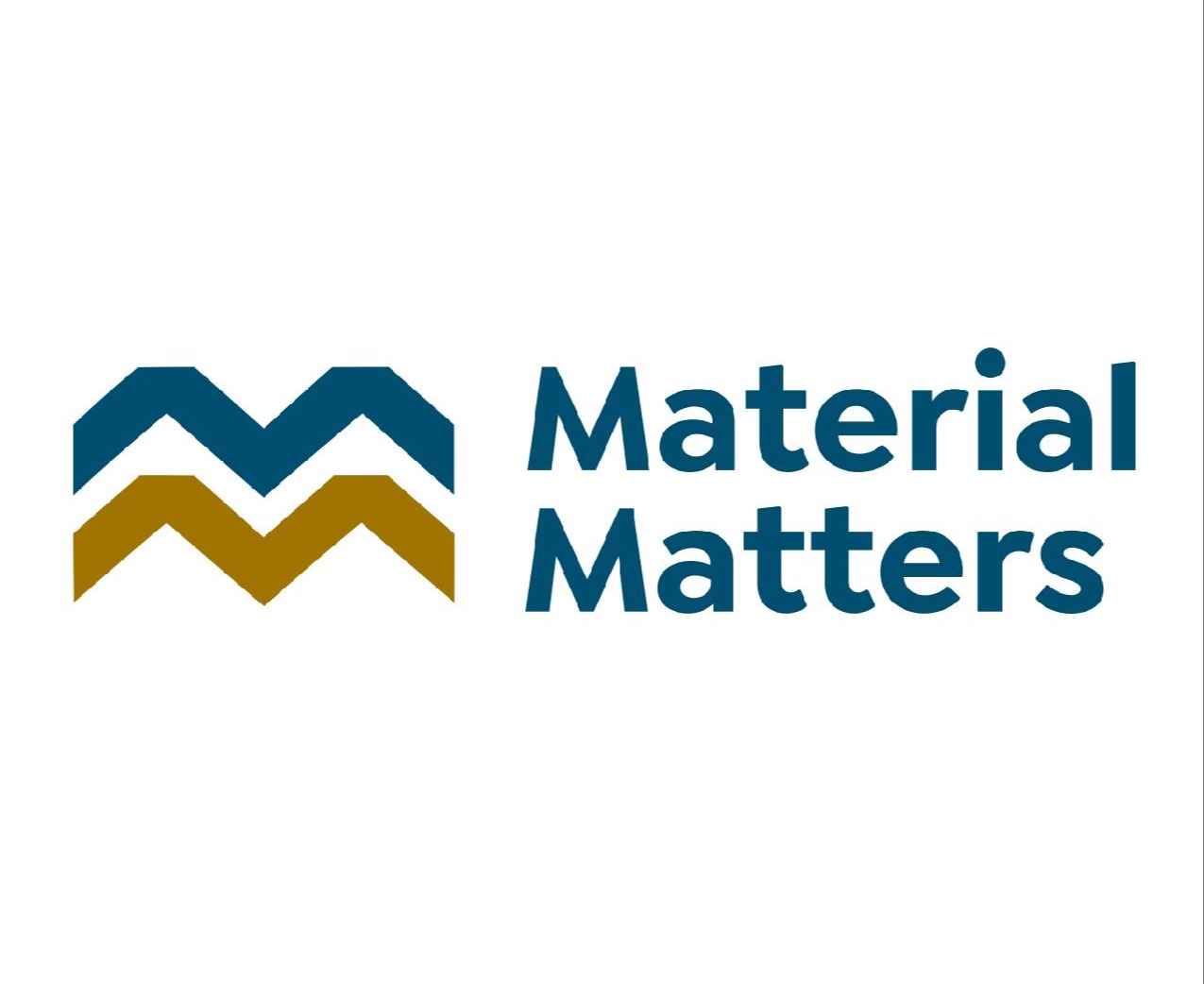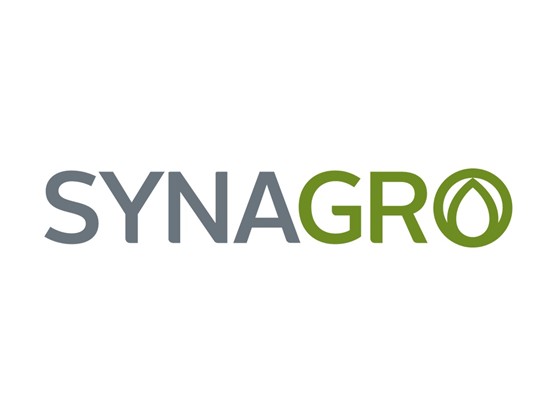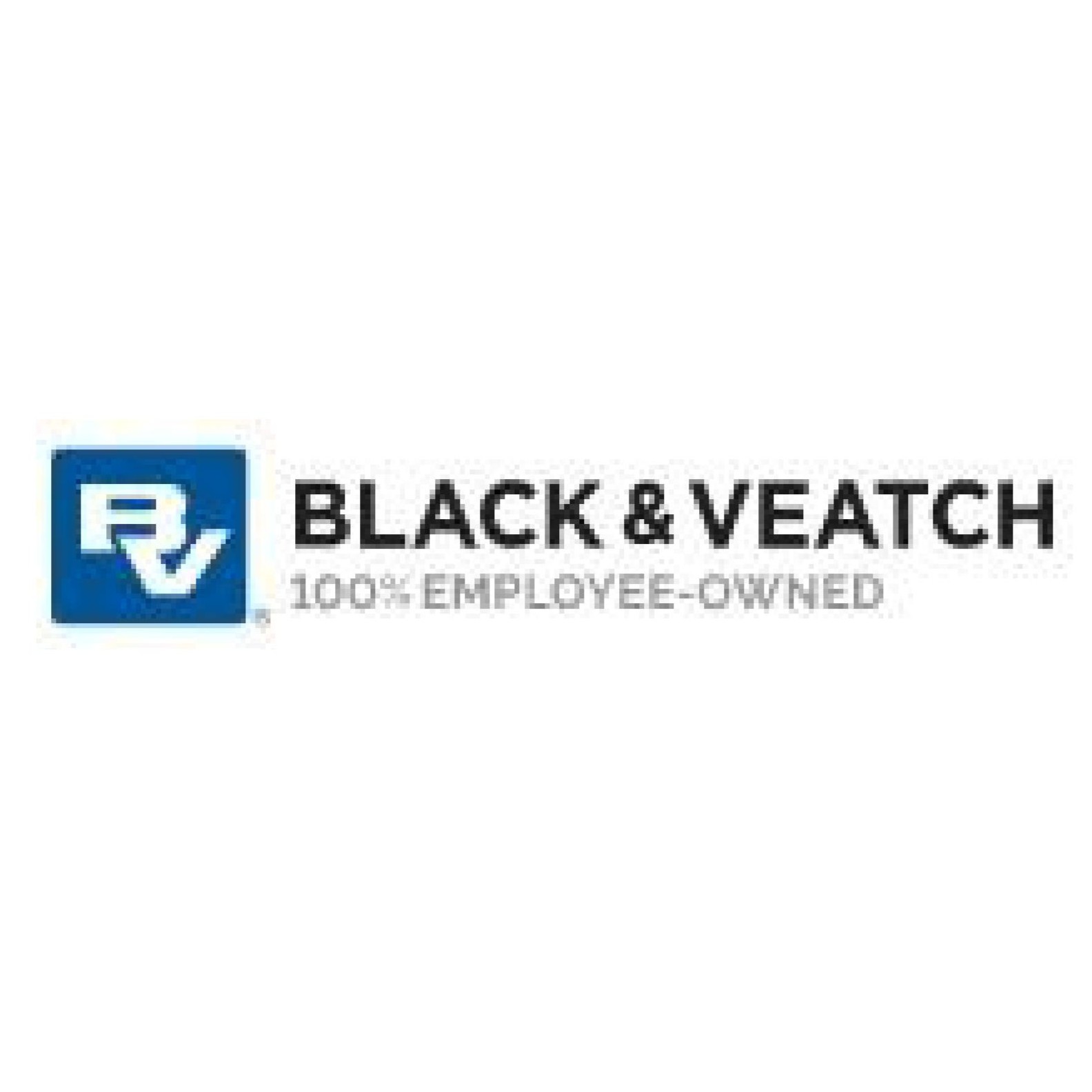Spotlight August 2020 - Biosolids Agency Producers
This month’s SPOTLIGHT is on public agencies that have built and maintained their own biosolids utilization program, in which the lead public employee arranges biosolids deliveries directly with the users. The programs are imaginative, flexible, and responsive to the “customer,” providing a tangible connection between town and farm. While no cost comparisons have been made, a reasonable inference is that these programs are cost-effective. Here are the public employees who make this happen.
Dan Reed -
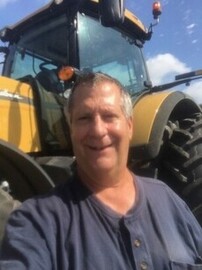 Dan Reed, Site Manager at Landis Sewerage Authority ([email protected]). The Landis Sewerage Authority (LSA), a uniquely “zero-discharge” WRRF in Vineland, New Jersey, developed in 1987 its publicly owned, 387-acre Agricultural Facility for biosolids recycling, and Dan Reed has been for the entire time. Dan studied chemistry at Stockton University in the mid-’80s, and while working as a student under Mike Wardell (formerly a biosolids consultant to LSA and for a time MABA’s executive director) was present for the birth of the LSA farm. Dan typically manages a single-year rotation each of corn and small grains, followed by a 3- to 5- year sequence of cool and warm-season grasses. Dan also operates an Agroforestry Facility, with 108 acres of pine trees interspersed with strips of sorghum-sudan and teff, and a 26-acre Atlantic City Electric easement planted to small grain and teff – all biosolids fertilized. Within the pine grove, a Bobwhite Quail Habitat has been installed in collaboration with public and private organizations, to which biosolids will be applied in the future. Dan enjoys saltwater fishing and golfing, and he has two adult children: his son is an engineering student at Arizona State University and his daughter is a registered nurse coordinating services to the disabled. Dan Reed, Site Manager at Landis Sewerage Authority ([email protected]). The Landis Sewerage Authority (LSA), a uniquely “zero-discharge” WRRF in Vineland, New Jersey, developed in 1987 its publicly owned, 387-acre Agricultural Facility for biosolids recycling, and Dan Reed has been for the entire time. Dan studied chemistry at Stockton University in the mid-’80s, and while working as a student under Mike Wardell (formerly a biosolids consultant to LSA and for a time MABA’s executive director) was present for the birth of the LSA farm. Dan typically manages a single-year rotation each of corn and small grains, followed by a 3- to 5- year sequence of cool and warm-season grasses. Dan also operates an Agroforestry Facility, with 108 acres of pine trees interspersed with strips of sorghum-sudan and teff, and a 26-acre Atlantic City Electric easement planted to small grain and teff – all biosolids fertilized. Within the pine grove, a Bobwhite Quail Habitat has been installed in collaboration with public and private organizations, to which biosolids will be applied in the future. Dan enjoys saltwater fishing and golfing, and he has two adult children: his son is an engineering student at Arizona State University and his daughter is a registered nurse coordinating services to the disabled.
Jeff Heimbaugh -
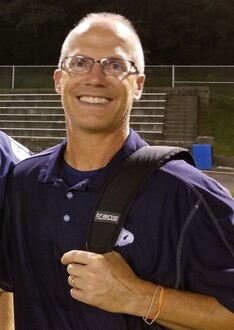 Jeff Heimbaugh, Biosolids / Pretreatment Program Supervisor at Carlisle Borough Sewer System Authority - [email protected]. Jeff Heimbaugh has been the Biosolids Supervisor at the Carlisle Region Water Pollution Control Facility for the Borough of Carlisle, PA since 1999. He writes: “I started at the Borough as a laboratory technician in 1991 before moving to my current position. Little did I know that my background as a dairy farmer’s son would be such a blessing in my municipal government's professional career. Over the past 21 years, I’ve worked with many farmers to help supplement their fertilizer needs with our Class B lime-stabilized biosolids. Working with a staff of three full-time biosolids operators, Carlisle Region WPCF produces and land applies approximately 7,000,000 gallons of liquid biosolids and 700 tons of dewatered biosolids a year. Our staff is responsible for hauling and applying all biosolids produced at our plant. It can be quite challenging to meet the requests for biosolids applications from ten farmers before the spring planting each year. Our biosolids program has 28 farms, with 2,730 acres approved by PA DEP for biosolids applications. It has been gratifying to see the benefits of increased crop production in fields receiving our biosolids and knowing we have helped many farmers reduce their fertilizer costs each year.” Jeff explains that he spends the little spare time he has coaching high school football, running, biking, assisting his elementary art-teaching wife, and supplying Penn State funds for his two sons’ continuing education. Jeff Heimbaugh, Biosolids / Pretreatment Program Supervisor at Carlisle Borough Sewer System Authority - [email protected]. Jeff Heimbaugh has been the Biosolids Supervisor at the Carlisle Region Water Pollution Control Facility for the Borough of Carlisle, PA since 1999. He writes: “I started at the Borough as a laboratory technician in 1991 before moving to my current position. Little did I know that my background as a dairy farmer’s son would be such a blessing in my municipal government's professional career. Over the past 21 years, I’ve worked with many farmers to help supplement their fertilizer needs with our Class B lime-stabilized biosolids. Working with a staff of three full-time biosolids operators, Carlisle Region WPCF produces and land applies approximately 7,000,000 gallons of liquid biosolids and 700 tons of dewatered biosolids a year. Our staff is responsible for hauling and applying all biosolids produced at our plant. It can be quite challenging to meet the requests for biosolids applications from ten farmers before the spring planting each year. Our biosolids program has 28 farms, with 2,730 acres approved by PA DEP for biosolids applications. It has been gratifying to see the benefits of increased crop production in fields receiving our biosolids and knowing we have helped many farmers reduce their fertilizer costs each year.” Jeff explains that he spends the little spare time he has coaching high school football, running, biking, assisting his elementary art-teaching wife, and supplying Penn State funds for his two sons’ continuing education.
Jay Snyder -
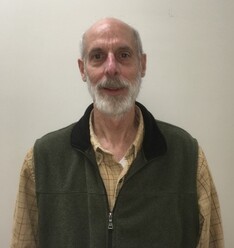
Jay Snyder, Environmental Resource Manager at Borough of Ephrata - [email protected]. Jay Snyder has a balance of commitments to environmental stewardship, community, and collaboration that make a biosolids program work. Jay studied in the late 1970s under esteemed Penn State professor Charles Cole, gaining skills in principles of stewardship with a Water Resources Engineering Technology bachelor’s degree which he applied to the new and upgraded WRRFs in Ephrata Borough. Farmers in the community surrounding the borough became familiar with biosolids through the local high school’s Young Farmers Program. As a stable of good customers was built, the Annual Thank You Dinner honored the collaboration of borough and farmers, which on occasion attracted news media. Farmers were a partner in the complete sense, participating in the application, proactively dealing with concerns such as wet soils, designing equipment improvements, spreading the good word to neighbors, spacing out applications to deal with phosphorus, and providing feedback on the benefits of organic matter and nutrients on crop yields. Ephrata is a forward-looking community and has its eyes on a thermal technology for one of its plants that will produce biochar. Jay is particularly proud of having passed on to the next generation his passion for clean water and productive soil: “As my son Justin, an organic farmer for 20 over years says ‘Dad, healthier soil means healthier plants producing healthier nutrient-dense foods.’”
Philip Grayson -
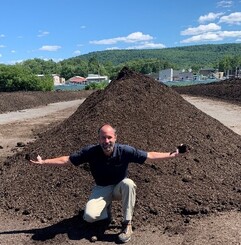
Philip Grayson, Chief Operator, Wastewater at Village of Endicott (NY) -[email protected]. Philip Grayson writes: “Seldom mentioned in a classroom about environmental science is that almost every community has a facility that every day protects public health and the environment, and is recycling water and potentially biosolids. When I began working at the Village of Endicott’s Water Pollution Control Plant as a Sanitary Laboratory Technician in 2001, I quickly saw that our facility, and all the other facilities across the world, did just that.” The Endicott facility, which serves 50,000 people, is designed for 10 MGD and has anaerobic digesters, producing 100 dry metric tons annually. It began operations in 1966, but it was not until 1985 that the Village began composting biosolids with a Taulman-Weiss in-vessel system. For the next 20 years, the Village used that system to create a Class A Biosolids Compost, and, when operational challenges arose, the Village added on the windrow method to ensure complete stabilization. The Village is now looking to replace the windrow method with a Gryphon biosolids dryer designed to achieve a Class A Biosolid Product, which would reduce costs and continue to produce a recyclable biosolids. Grayson concludes: “The Village’s commitment to biosolids recycling and all of the employees who have worked to ensure that we produce a safe and beneficial material for reuse is something that I am proud to say I have been and will continue to be a part of.”
Shawn O'Toole -
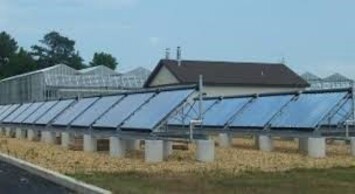 Shawn O’Toole, Land Application Supervisor, Kent County Regional Wastewater Facility - [email protected]. Shawn has been at it a long time. Thirty-seven years ago when Shawn joined the Kent County Department of Public Utilities, he took on the “land option,” and became the employee in charge of the spreading of biosolids. In a program with some 100 farmers, Shawn worked with the farmers throughout the year on corn, soybean, hay, pastures, and winter wheat, doing what he could to meter out the facilities 3,000 dry tons to satisfy his customers. Back in the day, that was liquid biosolids dredged from sludge lagoons, which involved small loads and time-consuming liquid injection. Today, the product is partially dried and lime-amended, creating a Class A EQ product of about 50 percent moisture content that can be moved in the agency’s truck and applied with its spreader. Kent County has plans for upgrading solids handling to increase dryness to 90 percent, which will eliminate the lime, and Shawn expects it to be in a granular form. But he rather doubts he will be the one working out the issues with handling and dust control. “After 33 years of working two jobs, I am ready to retire,” he says. As one of the MABA region’s longest-standing land appliers, Kent County and all of the MABA region owe Shawn a hearty “Thank you.” Shawn O’Toole, Land Application Supervisor, Kent County Regional Wastewater Facility - [email protected]. Shawn has been at it a long time. Thirty-seven years ago when Shawn joined the Kent County Department of Public Utilities, he took on the “land option,” and became the employee in charge of the spreading of biosolids. In a program with some 100 farmers, Shawn worked with the farmers throughout the year on corn, soybean, hay, pastures, and winter wheat, doing what he could to meter out the facilities 3,000 dry tons to satisfy his customers. Back in the day, that was liquid biosolids dredged from sludge lagoons, which involved small loads and time-consuming liquid injection. Today, the product is partially dried and lime-amended, creating a Class A EQ product of about 50 percent moisture content that can be moved in the agency’s truck and applied with its spreader. Kent County has plans for upgrading solids handling to increase dryness to 90 percent, which will eliminate the lime, and Shawn expects it to be in a granular form. But he rather doubts he will be the one working out the issues with handling and dust control. “After 33 years of working two jobs, I am ready to retire,” he says. As one of the MABA region’s longest-standing land appliers, Kent County and all of the MABA region owe Shawn a hearty “Thank you.”
|

 Dan Reed, Site Manager at Landis Sewerage Authority (
Dan Reed, Site Manager at Landis Sewerage Authority ( Jeff Heimbaugh, Biosolids / Pretreatment Program Supervisor at Carlisle Borough Sewer System Authority -
Jeff Heimbaugh, Biosolids / Pretreatment Program Supervisor at Carlisle Borough Sewer System Authority - 

 Shawn O’Toole, Land Application Supervisor, Kent County Regional Wastewater Facility -
Shawn O’Toole, Land Application Supervisor, Kent County Regional Wastewater Facility - 